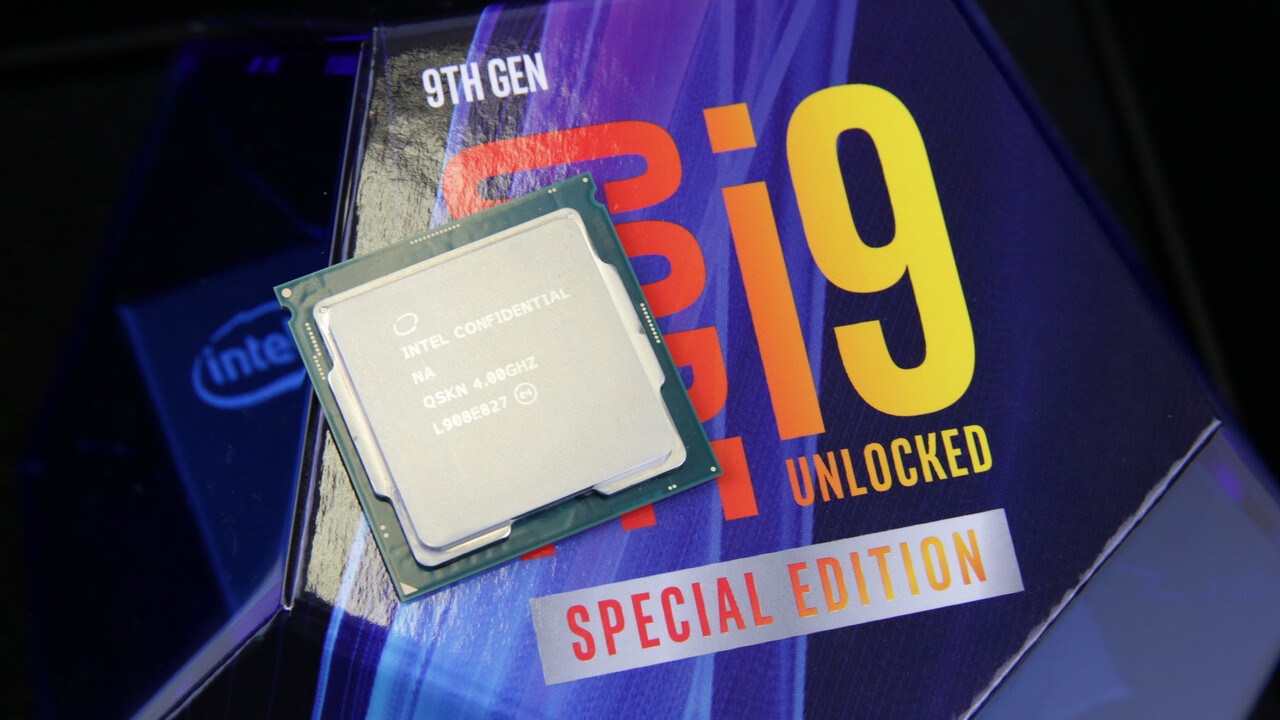Since the other thread was started specifically for the Tom's preview article, here's a thread for actual review discussion. I'll add links to this post as more come out. If you see a review posted in the thread not posted in the OP just send me a PM and I will update.
I haven't seen the CPU in stock anywhere yet but will update this post when I do.
In stock at newegg for $570 and at amazon for $613.75
https://bit-tech.net/reviews/tech/cpus/intel-core-i9-9900ks-review/1/
https://www.computerbase.de/2019-10/intel-core-i9-9900ks-cpu-test/
https://www.techspot.com/review/1936-intel-core-i9-9900ks/
https://www.tomshardware.com/reviews/intel-core-i9-9900ks-special-edition-review/
https://www.phoronix.com/scan.php?page=article&item=intel-corei9-9900ks&num=1
I haven't seen the CPU in stock anywhere yet but will update this post when I do.
In stock at newegg for $570 and at amazon for $613.75
https://bit-tech.net/reviews/tech/cpus/intel-core-i9-9900ks-review/1/
https://www.computerbase.de/2019-10/intel-core-i9-9900ks-cpu-test/
https://www.techspot.com/review/1936-intel-core-i9-9900ks/
https://www.tomshardware.com/reviews/intel-core-i9-9900ks-special-edition-review/
https://www.phoronix.com/scan.php?page=article&item=intel-corei9-9900ks&num=1
Last edited:










